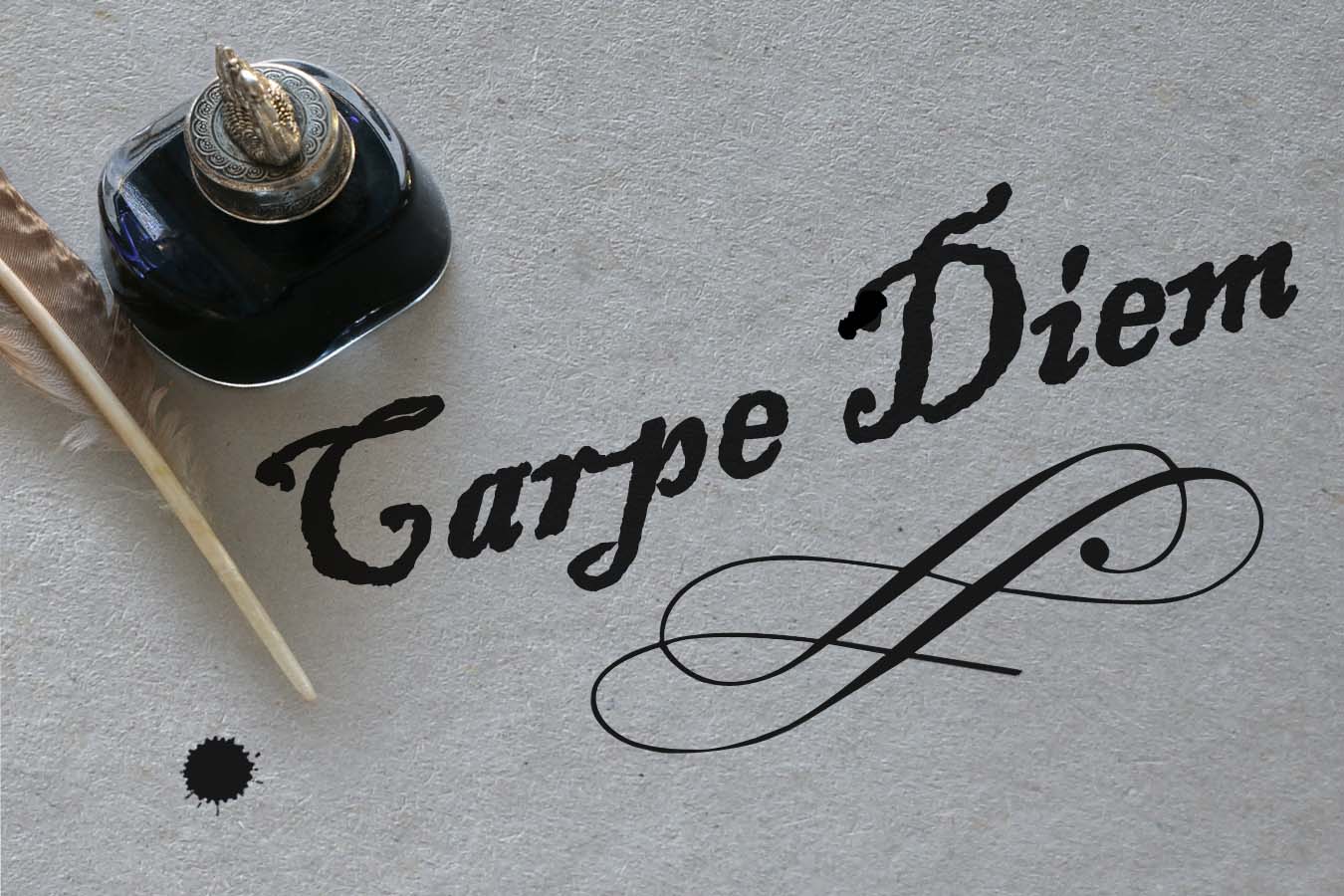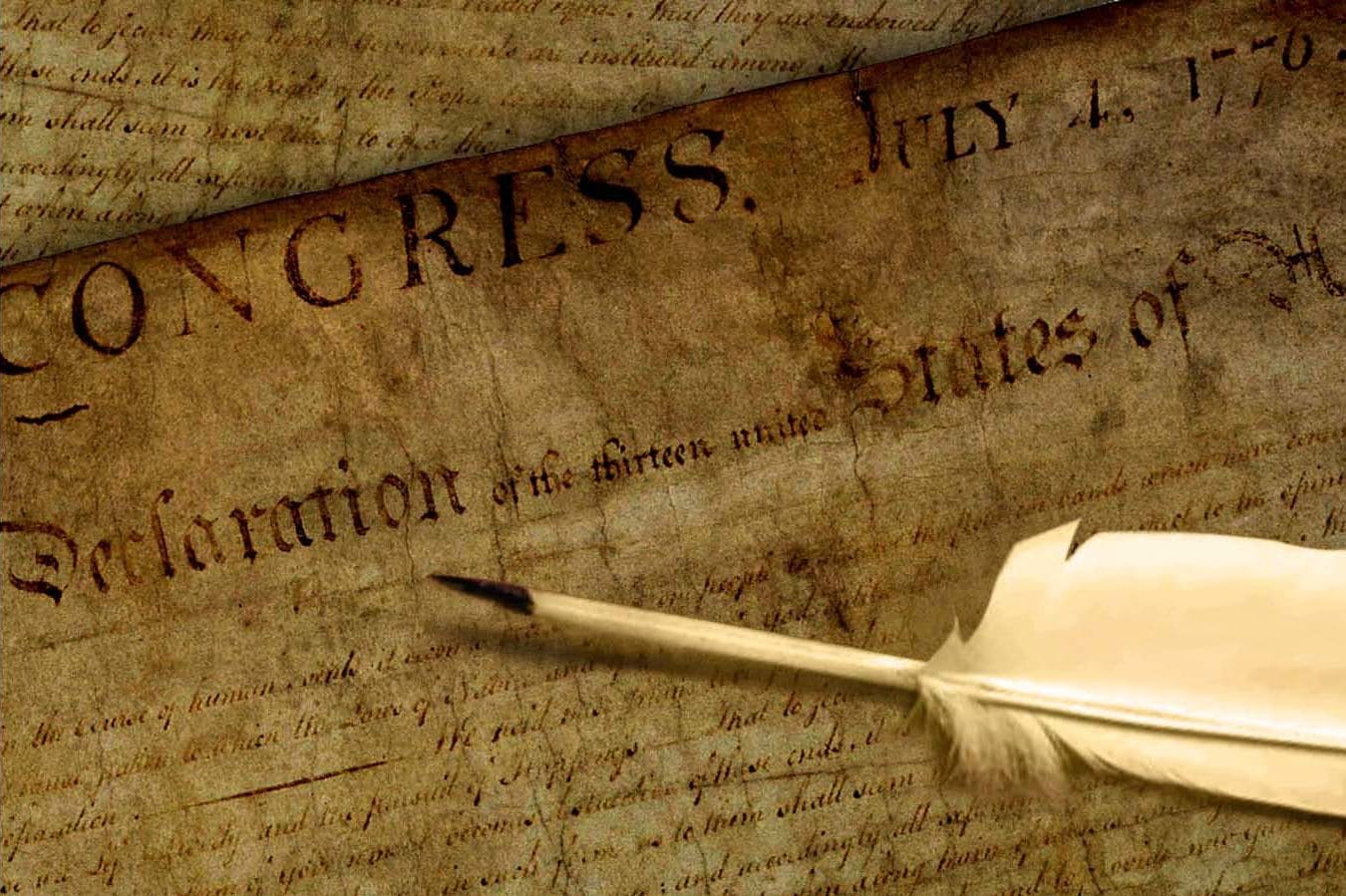Aphorisms Unplugged: My Country Right or Wrong

 ometimes that well-worn adage doesn’t really mean what our literal-minded, text-focused, Google-driven world thinks it means. One reason this happens is that, quite simply, language evolves.
ometimes that well-worn adage doesn’t really mean what our literal-minded, text-focused, Google-driven world thinks it means. One reason this happens is that, quite simply, language evolves.
To further complicate matters, as with books, all too often the context of these popular wisdoms has been forgotten. Though these aphorisms may still contain some good advice, their original message is typically richer and more profound than our contemporary interpretation.
This Book is Banned proffers a few proverbs, sayings, and other pearls of wisdom that have been “unplugged,” as it were. We’ve rebooted, gone back-to-basics, and re-discovered their intended message. For example:
…
My country right or wrong.
This saying is frequently invoked as a testament of vigilant and aggressive patriotism. It was especially prevalent during the volatile years surrounding the Vietnam war, asserted in response to the arguments of those protesting that war. But, if the expression wasn’t intended to promote an all-or-nothing variety of patriotism, what does “my country right or wrong” mean?
Carl Schurz, a German-born senator and Civil War general, is typically credited with coining the phrase in 1872. The trouble is, we’re misusing Schurz’s famous saying. Yes, he did indeed declare “my country right or wrong.” But Schurz’s entire remark, made on the Senate floor, was “my country right or wrong; if right, to be kept right; and if wrong to be set right.” And the applause that followed was deafening.
Schurz’s entire sentiment clearly reflects a more nuanced and participatory vision of patriotism than the abbreviated, version employed these days. Interestingly, Schurz’s declaration was in response to a challenge of his patriotism, levied by the Senator from Wisconsin with the same blunt, one-dimensional phrase so often used today.[1]
___________________________
Notes:
[1] Respectfully Quoted: A Dictionary of Quotations, 1989. #1641. https://www.bartleby.com/73/1641.html
Photo by Anthony Shane on Unsplash https://unsplash.com/s/photos/american-flag
______________________
Check out more unplugged proverbs, sayings, and other pearls of wisdom here.


